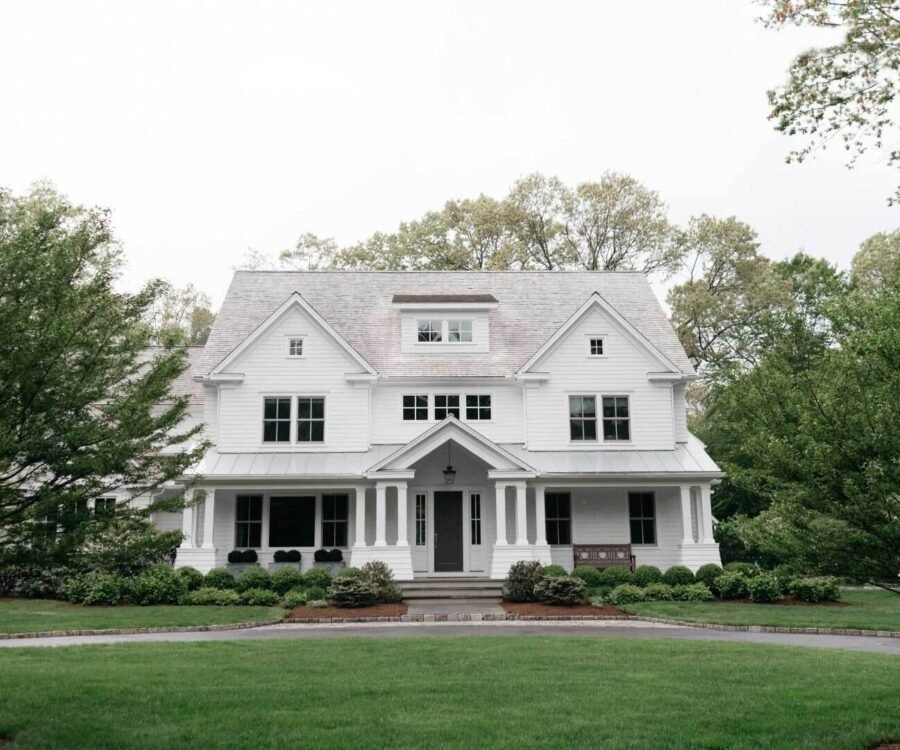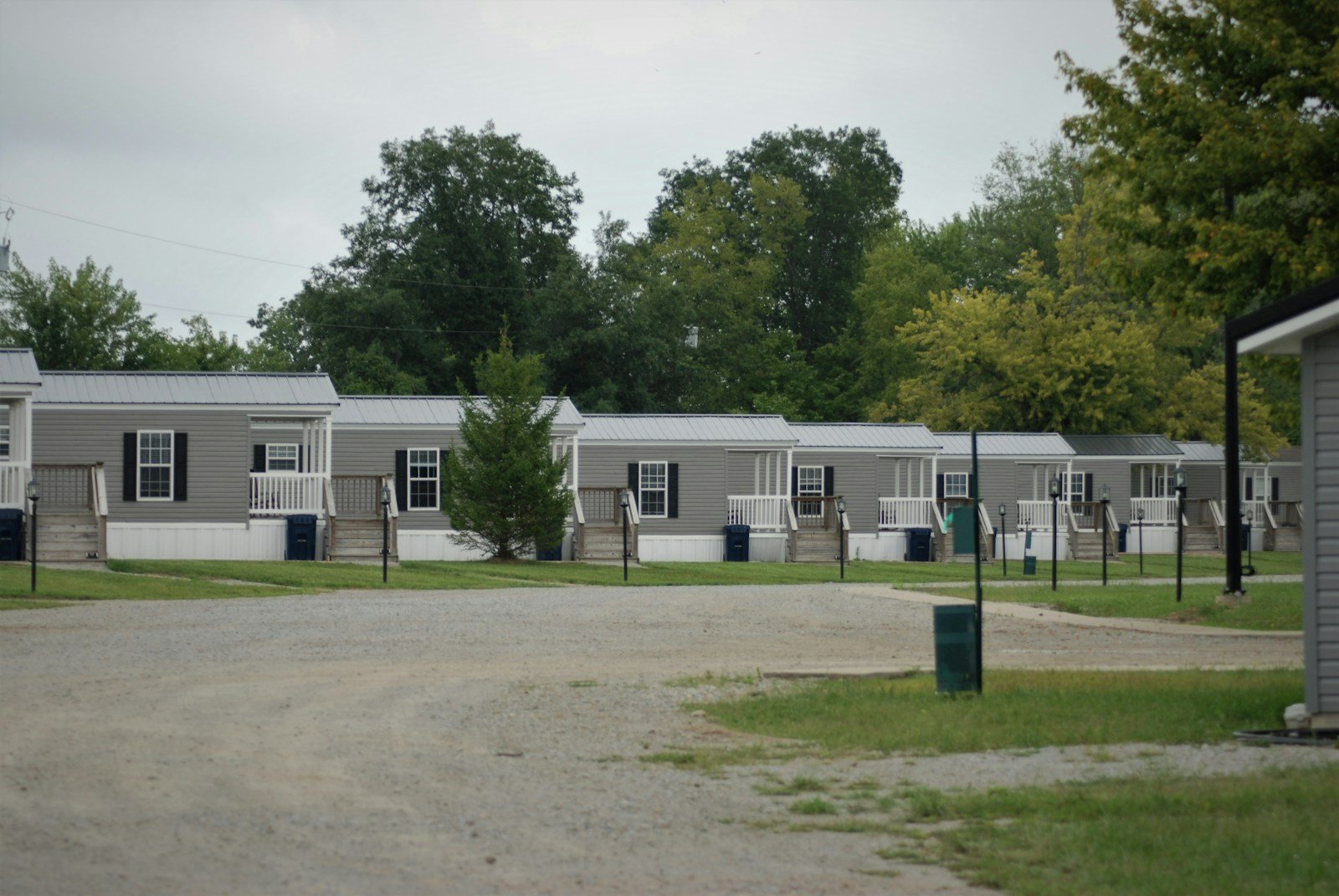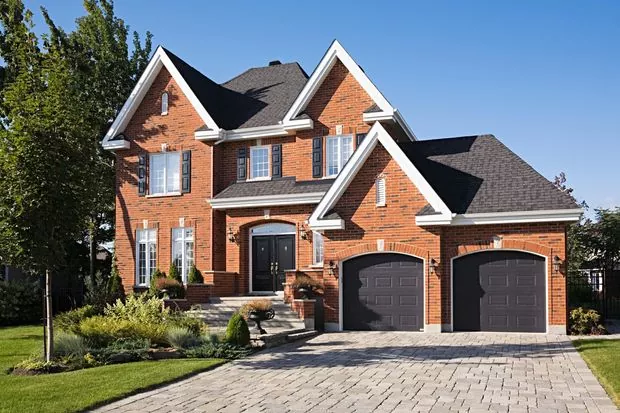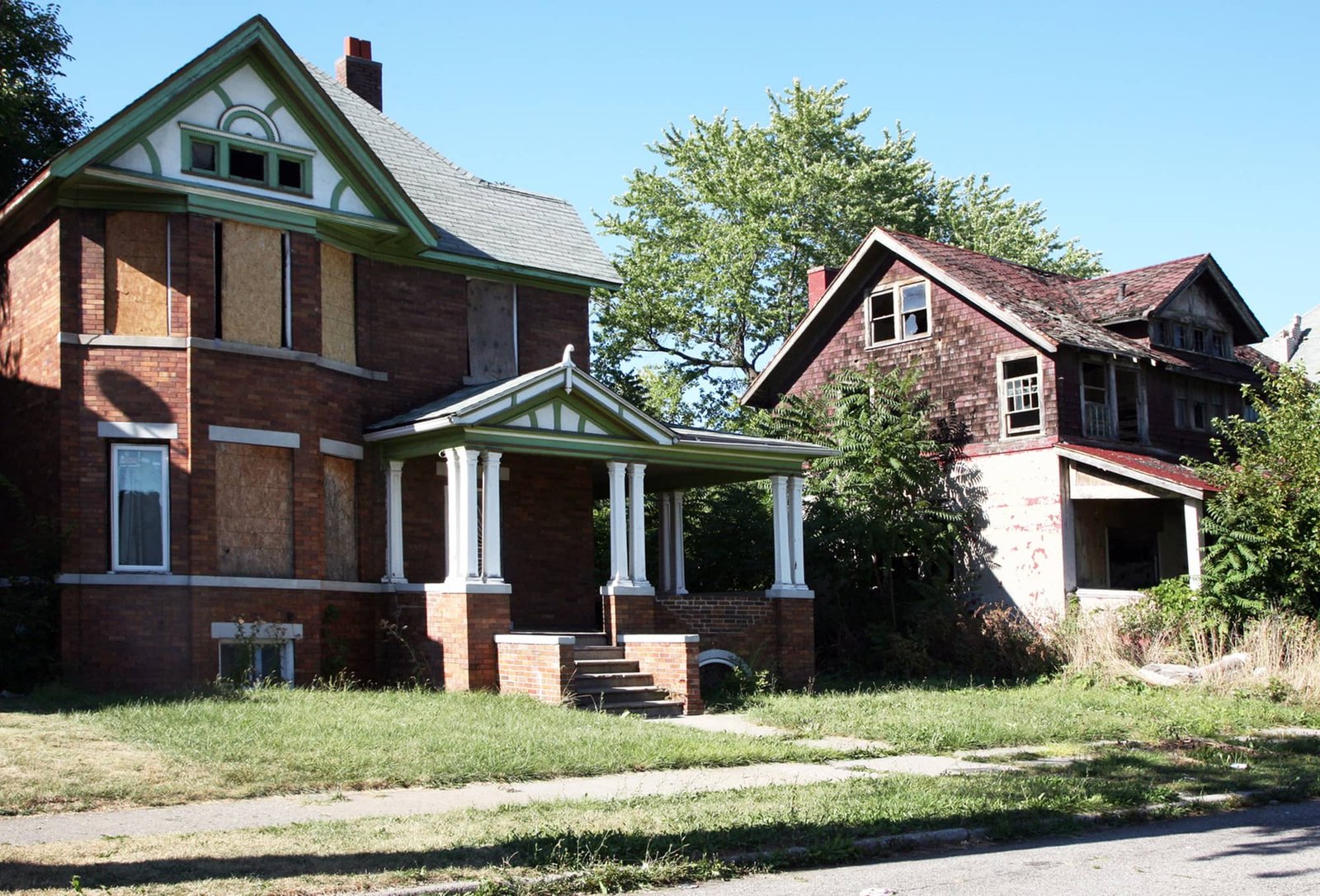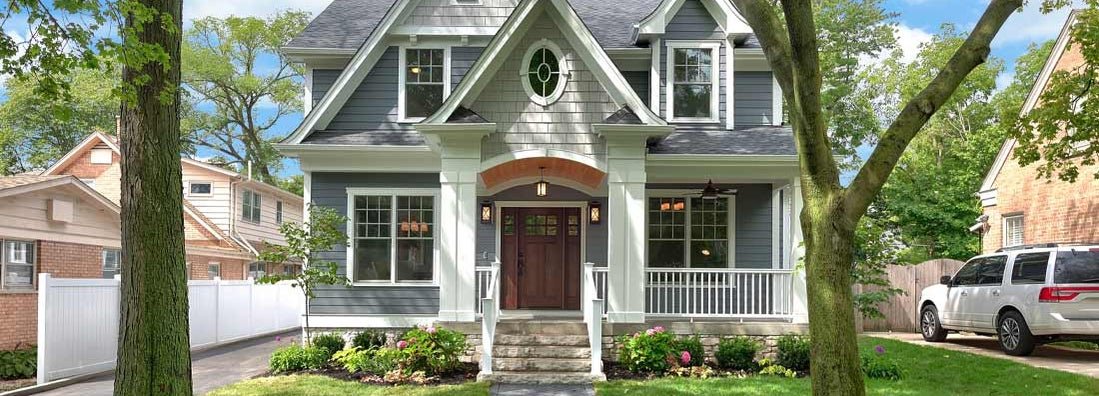
Protect Your Investment with Homeowners Insurance
Homeowners insurance is essential for safeguarding your home and belongings from unexpected events like fire, accidents, vandalism, theft, and even natural disasters such as frozen pipes or volcanic eruptions. Choosing the right policy not only protects your investment but can also save you significant costs over the life of your mortgage.
Make the process simple—enter your zip code above to instantly compare homeowners insurance quotes and find the perfect policy for your property.
What Does Standard Homeowners Insurance Cover?
When comparing home insurance options, you’ll notice that standard policies typically include four primary types of coverage. Here’s a breakdown of what each covers to help you make an informed decision:
1. Dwelling Coverage
This covers damage or loss to your home and other structures on your property, such as a garage, shed, guesthouse, or even a treehouse. Standard dwelling coverage typically protects against:
- Fire or lightning
- Explosions
- Theft
- Falling objects
- Smoke
- Riots or civil commotions
- Vandalism
- Wind
However, it excludes perils like floods, earthquakes, landslides, or war. For added protection, you can customize your policy with additional coverage. Always review the full list of covered perils when comparing policies.
2. Personal Property Coverage
This coverage helps pay for the loss or damage of personal belongings such as furniture, clothing, and electronics—whether the loss occurs at home or elsewhere. For example, if your phone is stolen at a restaurant, this coverage applies.
For high-value items like antiques, fine art, or specialized equipment, many insurance companies offer enhanced coverage options, often requiring an appraisal.
3. Personal Liability Protection
Liability protection covers legal and medical expenses if you or members of your household are responsible for injuries or property damage. For example, if a visitor is injured on your property due to negligence, this coverage helps with legal fees, settlements, and related costs.
Liability coverage also applies outside the home. If you accidentally damage someone else’s property, your policy can cover the costs. To protect high-value assets, you might consider purchasing additional liability coverage beyond the standard limits.
4. Temporary Living Expenses (Additional Living Expenses)
If your home becomes uninhabitable due to a covered peril, this coverage helps with living costs while repairs are underway. It can pay for rent, meals, and other expenses during this period.
If you rent out part of your home, additional living expenses coverage may also reimburse the rental income you lose while your property is being restored. Typically, this coverage is about 20% of your dwelling coverage limit.
Who Does Homeowners Insurance Cover?
Homeowners insurance protects the owner or occupant of a dwelling, whether it’s a house, condominium, apartment, or multi-unit residence with up to four families. While the property must primarily serve as a residence, exceptions are made for homes that include an office, studio, or school space for business use.
The property doesn’t need to be your primary residence. Seasonal homes, second homes, and homes under construction are also eligible for coverage, though policies for new homes under construction are typically unavailable.
Coverage Options: Replacement Cost vs. Actual Cash Value
When selecting a homeowners insurance policy, you’ll often have two options for how settlement amounts are calculated:
- Replacement Cost Coverage: Covers the full cost to repair, rebuild, or replace your property with materials of similar quality, without deducting for depreciation. For instance, if a marble tile floor needs replacement, this policy covers the cost of new marble tiles, not a lower-cost substitute.
- Actual Cash Value Coverage: Covers the depreciated value of your property at the time of loss. For example, a 5-year-old laptop would be valued lower than the cost to replace it with a new one.
Replacement cost policies usually have higher premiums but offer more comprehensive coverage. Some policies may also allow settlements based on repair costs, though this option is less common.
Deductibles and Limits
Typical deductibles for homeowners insurance range from $500 to $2,500 per claim. You must pay this amount out of pocket before your policy pays for losses related to your dwelling or personal property. Some types of coverage, however, may not require a deductible.
Choosing a higher deductible can lower your monthly premium, but it increases your out-of-pocket expense when filing a claim.
Compare Homeowners Insurance Quotes with NT Financials
Finding the right policy doesn’t have to be overwhelming. With over 5 years of experience helping Homeowners Insurance Quotes, we provide expert guidance to match you with insurance policies tailored to your financial needs.
Our free online quote system is simple—just enter your ZIP code and follow the prompts. Be sure to enable pop-ups in your browser for a seamless experience.
What You’ll Need to Compare Quotes:
- Whether you own or rent the property
- Type of property (house, condo, etc.)
- Your current insurer (if applicable)
- Year of construction
- Property size and number of levels
- Your name, gender, email address, date of birth, and marital status
- Your address and phone number
Factors That Affect Your Homeowners Insurance Premium
Remember that online homeowners insurance quotes are not binding. Insurance underwriters consider many different risk factors to determine your eligibility and your premium. Some key factors include:
1. Home Features and Condition
- Construction materials: Homes with brick frames generally cost less to insure than those built with more flammable materials like wood.
- Age and upkeep: Older homes often require more repairs and upgrades, leading to higher premiums.
2. Location
- Natural disasters: Coastal properties and areas prone to wildfires or falling trees carry higher premiums.
- Proximity to fire services: Homes near fire departments or hydrants may have reduced premiums.
- Crime rates: Lower crime rates typically result in lower premiums.
3. Home Security
Installing alarm systems, security cameras, deadbolts, or video doorbells can lower the risk of theft or damage, potentially reducing your premium.
4. Claims History
Your premium may be higher if you’ve filed multiple claims or specific types of claims in the past. A clean claims history often results in lower rates.
5. Personal Attributes
- Smokers often pay about 20% more due to the increased risk of fire.
- Poor credit scores can lead to higher premiums, except in Massachusetts, Maryland, and California, where insurers cannot factor in credit scores.
How to Compare Online Home Insurance Quotes and Get the Coverage You Need
A standard homeowners insurance policy protects your home and other structures on your property, but coverage limits vary. To ensure you have the right policy, it’s crucial to consider the following factors:
- Deductible Amount: Higher deductibles lower your monthly premiums but increase out-of-pocket costs during a claim.
- Extra Coverage for Valuable Items: Determine if additional insurance is needed for high-value belongings like jewelry, art, or electronics.
- Natural Disaster Coverage: Evaluate if you need upgrades for risks like floods or earthquakes.
- Settlement Type: Decide whether you prefer replacement cost coverage (replacing items at current prices) or actual cash value coverage (accounting for depreciation).
For the best homeowners insurance quotes, compare quotes from at least three companies. According to the NAIC’s 2020 homeowners insurance report, the average annual cost was $1,311 in 2020, an 8.26% increase from 2019.
Ways to Save on Homeowners Insurance
You don’t need to sacrifice coverage to save money on your policy. Here are some tips for lowering your premiums:
- Bundle Policies: Many insurers offer discounts when you purchase multiple policies (e.g., home and auto insurance) from the same provider.
- Home Improvements: Install burglar alarms, smoke detectors, or stronger locks to reduce premiums. Additionally, disaster-proof upgrades like wind-resistant windows can help lower costs.
Explore more tips to save money on homeowners insurance.
Researching Insurance Companies
After receiving instant quotes, take time to research the insurers to ensure credibility. Trusted resources like J.D. Power Research and the NAIC provide valuable insights into customer satisfaction and company performance.
Is Homeowners Insurance Required?
Technically, no, but it’s often necessary.
- If You Have a Mortgage: Lenders require homeowners insurance to protect their investment. Once your mortgage is paid off, insurance is no longer mandatory, but maintaining coverage is wise to protect against unexpected events.
- Condominiums and Co-ops: You may be required to carry homeowners insurance as part of HOA or co-op regulations. Confirm with your association to understand the requirements.
Additional Tips for Managing Homeowners Insurance
To ensure your coverage remains effective and up-to-date:
- Create a Home Inventory: Document your possessions with receipts, photos, videos, and identifying details (costs, serial numbers, etc.). This helps when filing claims or assessing coverage needs.
- Review Your Policy Regularly: Periodically check your policy to confirm it meets your needs. Consider changes due to inflation or home upgrades.
Finding the right homeowners insurance is easy, but securing a policy that fully meets your needs at the best price takes effort. You might be surprised by how much you can save by comparing quotes.
Simply provide some basic details about yourself and your home, and let us do the rest. Start now with a free online homeowners insurance quote and enjoy peace of mind knowing your home is protected.
More Article



